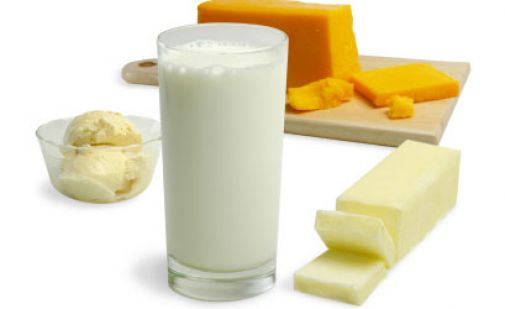We often worry about unhealthy food choices because they can make us gain those dreaded extra pounds that are so easy and hard to eliminate. Sadly, bad eating habits also affect bone health. Osteoporosis and osteopenia (a precursor of osteoporosis) are directly related to what and how we eat, among other factors. Knowledge is power, so being aware of the nutrients you need allows you to make healthier food choices and promote health for the entire body, not just for bones.
What is osteoporosis?
Osteoporosis, which means “porous bones” in Greek, is a bone disease of reduced bone mineral density. This practically makes bones more fragile. Thus, the risk of fracture is greatly increased. Minor accidents that usually lead to only a bruise or a scratch can cause bone breaks if osteoporosis is present.
Osteopenia is a condition where bone mineral density is lower than normal but less severe than osteoporosis. Also, osteopenia doesn’t necessarily lead to osteoporosis.
Statistically, women are at higher risk of developing osteoporosis than men are. Firstly, because they have lower bone density than men to begin with, and secondly, because of the hormonal changes caused by menopause.
While osteoporosis itself is not lethal, the bone fractures it causes can develop complications, especially in elderly individuals. Fortunately, with some lifestyle changes, including nutrition and exercise, the risk of developing osteoporosis can be reduced. If the illness is already present, its advancement can be stopped and even reversed.

Essential nutrients for strong bones
Calcium & Vitamin D – These two nutrients are already common knowledge, and no one denies their important role in bone health. You mostly see them grouped because vitamin D increases calcium absorption. Since the human organism cannot produce calcium independently, we need to get it from our food.
Magnesium – Mostly known for its “mood-boosting” effects, magnesium does so much more in the human organism than help us fight stress or depression. One of its roles is activating the enzymes that help the body synthesize vitamin D. In other words, the “calcium & vitamin D” duo should actually be a trio.
Potassium – This mineral helps regulate acid-base levels, otherwise known as pH in blood and tissue. When the metabolic acid level increases, calcium is removed from the bones and used to counteract them. If the body has sufficient potassium, it will do the job instead, protecting calcium in bones.
Phosphorus – Hydroxyapatite, a calcium phosphate mineral, is the main component in bones and teeth making the bone matrix hard.

Vitamin K – It has an important role in bone metabolism as it supports the production of osteocalcin (a noncollagenous protein found in bone) by osteoblasts.
Vitamin C – Our favorite immunity-enhancing vitamin also promotes the development of osteoblasts, the cells responsible for bone formation, and suppresses osteoclasts, the cells that cause bone resorption.
Natural food sources contain all the vitamins and minerals needed to sustain bone health. Nevertheless, there are cases when supplements are needed to acquire daily recommended amounts for all of them.
Before taking any bone health supplements, please consult your doctor since they can interact with certain medications or aggravate existing health conditions.
